
Transition to Autumn: Nourishing the Body, Mind, and Spirit
As the days grow shorter and the air becomes crisp,

Kick-start, energise, rejuvenate
All carefully planned and prepared to help nourish, reset and rejuvenate the body and mind.
Menopause is a natural biological process that marks the end of a woman’s reproductive period. It occurs when the ovaries stop producing eggs, and levels of hormones like estrogen and progesterone decrease. Menopause is typically diagnosed when a woman has not had a menstrual period for 12 consecutive months.
Menopause can happen at different ages for different women, but it usually occurs between the ages of 45 and 55. However, some women may experience menopause earlier due to certain medical conditions or procedures, such as chemotherapy or surgery to remove the ovaries.
During menopause, women may experience a range of symptoms, including hot flashes, night sweats, vaginal dryness, mood changes, and difficulty sleeping. Treatment options are available to manage these symptoms, including hormone therapy, lifestyle changes, and medications.
According to Chinese and Japanese Traditional Medicine, menopause is related to the concept of “yin” and “yang” energy in the body. The decrease in estrogen production during menopause is seen as a decrease in yin energy, which can lead to symptoms such as hot flashes, night sweats, and vaginal dryness. The treatments for menopause typically aim to restore balance and harmony to the body’s energy system through approaches such as acupuncture, herbal remedies, and dietary changes.
In Ayurveda, menopause is associated with the “vata” dosha, which represents the elements of air and space in the body. As a result, women going through menopause may experience symptoms such as anxiety, insomnia, and joint pain. Ayurvedic treatments for menopause may involve dietary changes, herbal remedies, and lifestyle modifications to help balance the vata dosha and promote overall health and well-being.
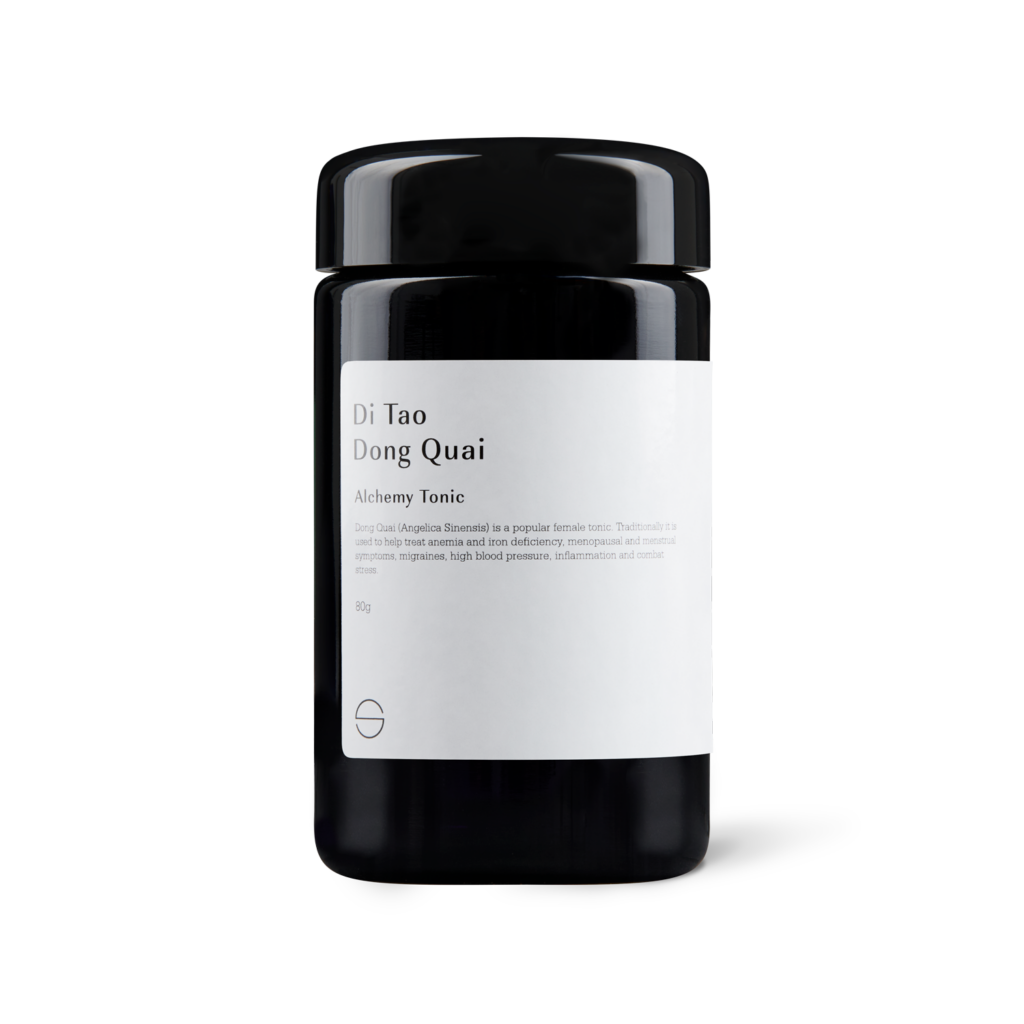
Dong Quai: Dong Quai is believed to help restore balance to the yin and yang energies in the body, particularly by nourishing the blood. Blood is seen as a substance that nourishes and moistens the body’s tissues, including the reproductive system. By nourishing the blood, Dong Quai is believed to help alleviate menopausal symptoms, particularly those related to dryness and heat.
Dong Quai contains compounds called phytoestrogens, which are plant-derived substances that can mimic the effects of estrogen in the body. During menopause, estrogen levels drop, leading to many of the symptoms associated with the condition. By supplementing with phytoestrogens, women may be able to alleviate some of these symptoms.
One of the main ways that Dong Quai may help with menopause is by reducing the frequency and severity of hot flashes
In addition to hot flashes, menopause can also cause vaginal dryness and discomfort during sex. Dong Quai may help with these symptoms by improving blood flow to the genital area and increasing lubrication. It may also help improve overall sexual function in menopausal women.
Dong Quai is also believed to have a calming effect on the nervous system, which can help alleviate mood swings, anxiety, and insomnia associated with menopause. It may also help improve bone density, which can decline during menopause due to reduced estrogen levels.
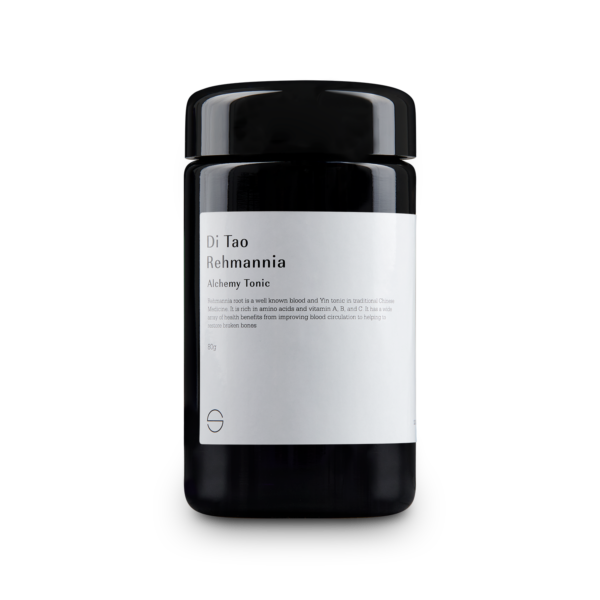
Rehmannia: Rehmannia is believed to nourish and tonify the yin energy in the body, particularly the kidney yin. In Eastern medicine, the kidneys are seen as a vital organ system that helps regulate many functions in the body, including hormonal balance. By tonifying the kidney yin, rehmannia is believed to help support hormonal balance during menopause and alleviate related symptoms.
Rehmannia is also believed to have a nourishing effect on the blood, which can help alleviate symptoms of menopause such as fatigue and dizziness.
Because Rehmannia has a cooling effect on the body it can help alleviate symptoms of heat and inflammation associated with menopause, such as hot flashes and mood swings.
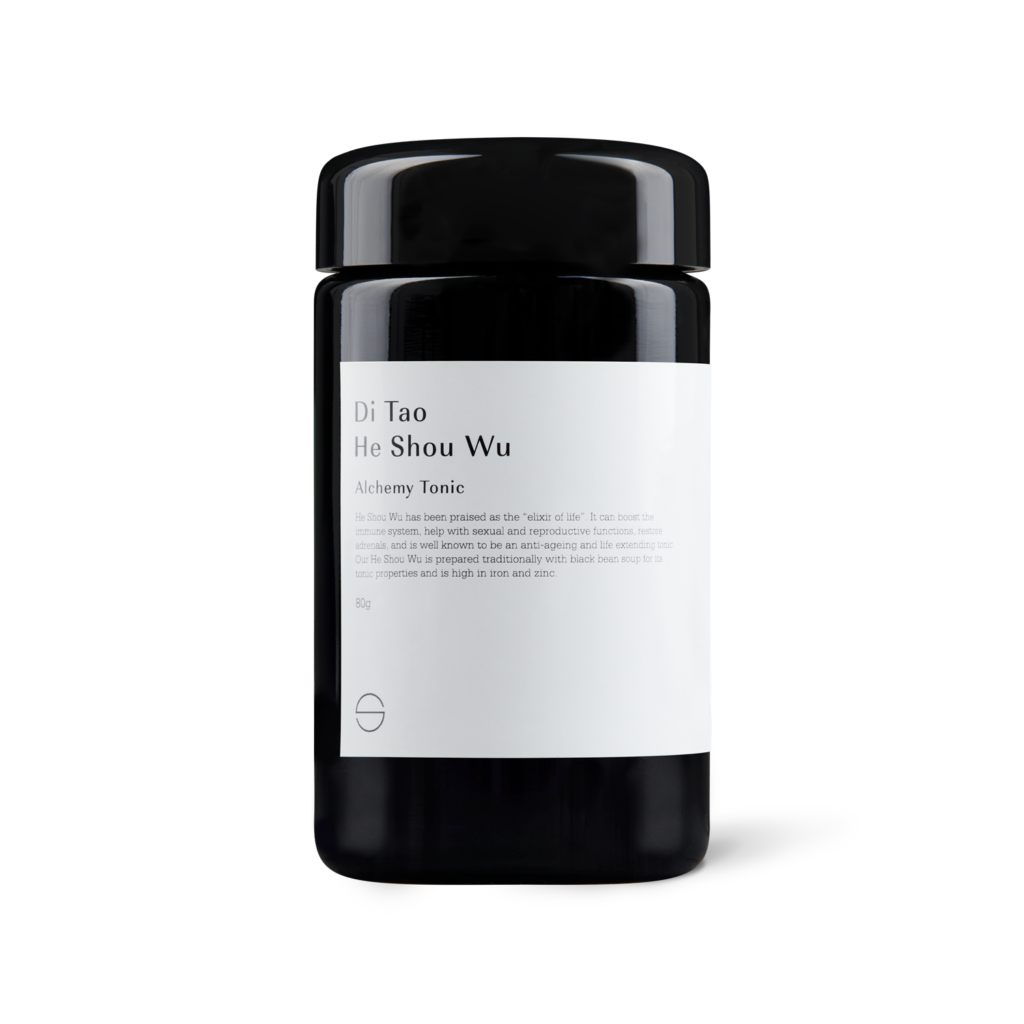
He Shou Wu: He Shou Wu is known to nourish the body’s yin energy, which is associated with cooling and moistening functions. As women age and enter menopause, their bodies may experience a deficiency of yin energy, leading to symptoms such as hot flashes, night sweats, and dry skin. He Shou Wu is believed to help nourish the yin energy and alleviate these symptoms, leading to a more youthful appearance.
He Shou Wu is believed to have a tonifying effect on the kidneys, which play a vital role in the body’s ageing process. The kidneys are believed to be responsible for maintaining overall vitality and longevity.
He Shou Wu is also believed to have a nourishing effect on the blood. The blood nourishes and moistens the body’s tissues, including the reproductive system, and He Shou Wu’s ability to nourish the blood is thought to support the reproductive system during menopause.
Because of He Shou Wu’s calming effect. it can help alleviate symptoms of anxiety and insomnia associated with menopause.
He Shou Wu contains antioxidant and anti-inflammatory properties, which may also be beneficial in supporting overall health during menopause.
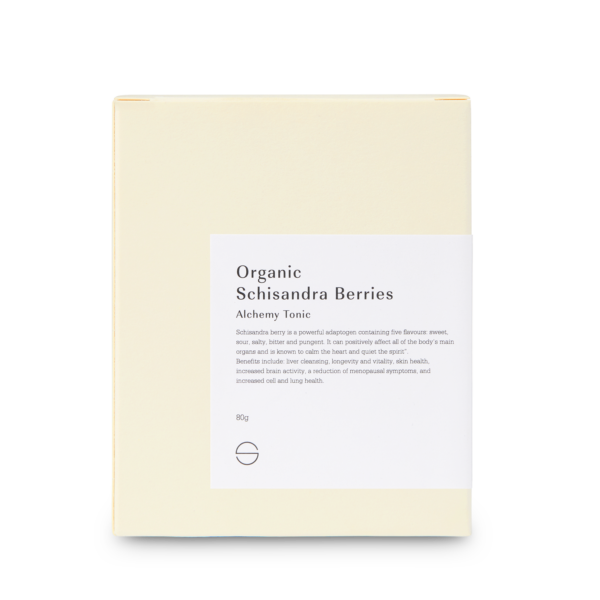
Schisandra: Schisandra is believed to tonify both the yin and yang energies, helping to restore balance and alleviate these symptoms.
Furthermore, schisandra is believed to have adaptogenic properties, which means it can help the body adapt to stress and promote overall resilience. Menopause can be a stressful time for many women, both emotionally and physically, and the adaptogenic properties of schisandra can help support the body’s natural coping mechanisms.
Other ways that schisandra can help is to promote moisture and lubrication in the body, which can be helpful in alleviating vaginal dryness and supporting bone health, having strengthening properties that can prevent osteoporosis which affects many women during and after menopause.
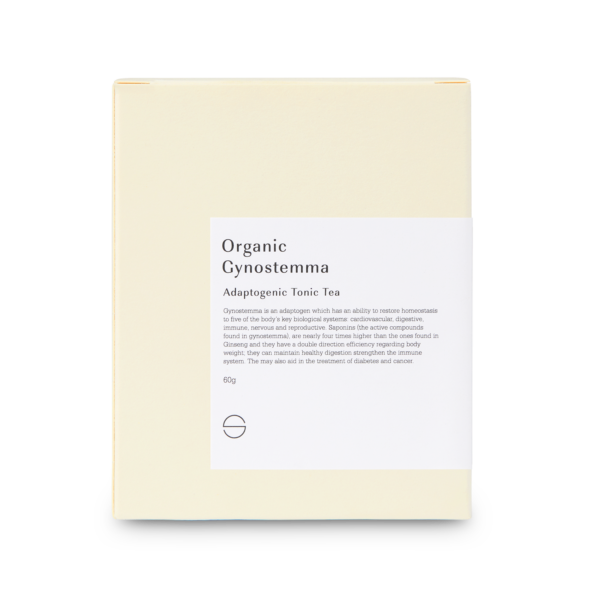
Gynostemma: Gynostemma has a cooling effect on the body, which can help regulate body temperature and reduce the frequency and intensity of these symptoms.
Gynostemma is also believed to have adaptogenic properties, which means it can help the body adapt to stress and promote overall resilience. This can be beneficial in alleviating mood swings and irritability during menopause, as well as reducing insomnia and sleep disturbances that can be common during this time.
Gynostemma has the ability to support bone health, which can help prevent osteoporosis, a condition that affects many women during and after menopause.
Gypenosides are a group of saponins (plant glycosides) that are unique to gynostemma. They are believed to be responsible for many of the herb’s health benefits, including its ability to reduce inflammation, protect the heart, and regulate the immune system. Some studies have also suggested that gypenosides may help alleviate menopause-related symptoms such as hot flashes and mood swings.

Chrysanthemum: Chrysanthemum is rich in flavonoids and antioxidants, which help to reduce inflammation and protect cells from damage. This can be particularly beneficial for women experiencing menopausal symptoms, such as hot flashes, night sweats, and mood changes, which are often caused by hormonal imbalances and inflammation.
A randomized controlled trial published in the journal Menopause in 2015 found that chrysanthemum tea was effective in reducing the frequency and severity of hot flashes in postmenopausal women. The study participants drank 150 mL of chrysanthemum tea twice a day for six weeks. At the end of the study, the women who drank the chrysanthemum tea had significantly fewer hot flashes compared to those who drank a placebo tea.

As the days grow shorter and the air becomes crisp,

Marine phytoplankton, the microscopic organisms that form the foundation of

In recent years, the skincare industry has significantly shifted towards
Copyright Shoku Iku © 2024 | All Rights Reserved.
The statements on this website have not been evaluated by the TGA or FDA. These products are not intended to diagnose, treat, cure or prevent any disease.
Sign up to receive your discount.